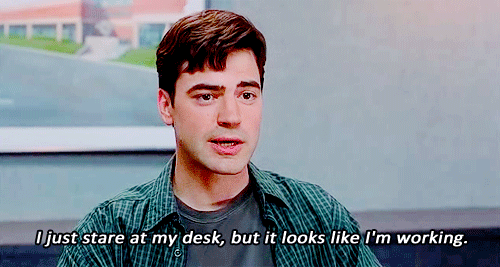Why you should care about engineering culture, even if you’re not a developer
31 December 2015
A few years ago I was not aware of company culture, when interviewing for developer positions I never inquired about it. What I cared about was flexible hours, being measured based on my work (not how many hours I spend at the office), and my salary.
That kind of thinking landed me in companies I quickly left. The kind where management sets deadlines, the VP of R&D doesn’t know what debugging is, where no tests are written and developers are called to the office in the middle of the night to personally explain production failures, despite having fixed them from home. (Seriously, wouldn’t a phone call been enough?)
That’s when I started caring about engineering culture.
Having made a transition to product management, I no longer write and deploy code to production. I set the strategy and priorities, I facilitate communication & trust, I listen to ideas & drive execution, and schedule time for bug fixes. So as I no longer occupy an engineering role, I should not care about engineering culture, right?
Wrong.
Engineers are the heart and soul of software companies. When they are pushed to do quality work we all win.
My product will be less prone to errors as the engineers who implement it have more time to invest in testing. They have time to think about what they’re doing, the implementation, its drawbacks and possible side affects.
My product design will be better. A major part of my job is to listen and collect ideas for my product. I encourage, nay, expect, the engineers I work with have an opinion on the feature they’re developing or the bug that they’re fixing. When engineers are racing to meet a deadline they have no time to think outside of their problem domain, and if they’ve been in this routine for long enough they don’t care either.
“Innovation comes from people meeting up in the hallways or calling each other at 10:30 at night with a new idea, or because they realized something that shoots holes in how we’ve been thinking about a problem”
– Steve Jobs
Some of my best ideas came to me when I took a few days to work from home, without the pressure of the daily grind. Innovation can’t happen if you’re racing to meet a deadline or are busy handling support cases all the time.
My work environment will be happier and more productive. Ever ask a colleague a question and get an unwarranted, angry reaction? Well, some people are just like that, and you have to deal with it. However, most people are not, unless they’re treated poorly. Want the team to be more productive? They have to be motivated. Motivated to discuss and push new ideas, motivated to help and challenge one another.
Bottom line is, if you want to work with top notch people to create a top notch product, you should care about how the entire team is treated.
“..what matters is helping all parties understand that the success of the individual is tied irrevocably to the success of the whole.”
– Tom DeMarco, Peopleware: Productive Projects and Teams

